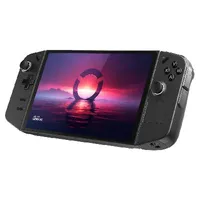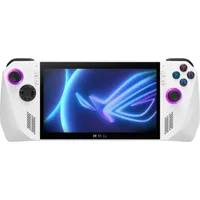Best Buy just slashed its top gaming handheld prices, but I'd urge you not to pick the highest spec option
The Asus ROG Ally and Lenovo Legion Go are in a price punchout.
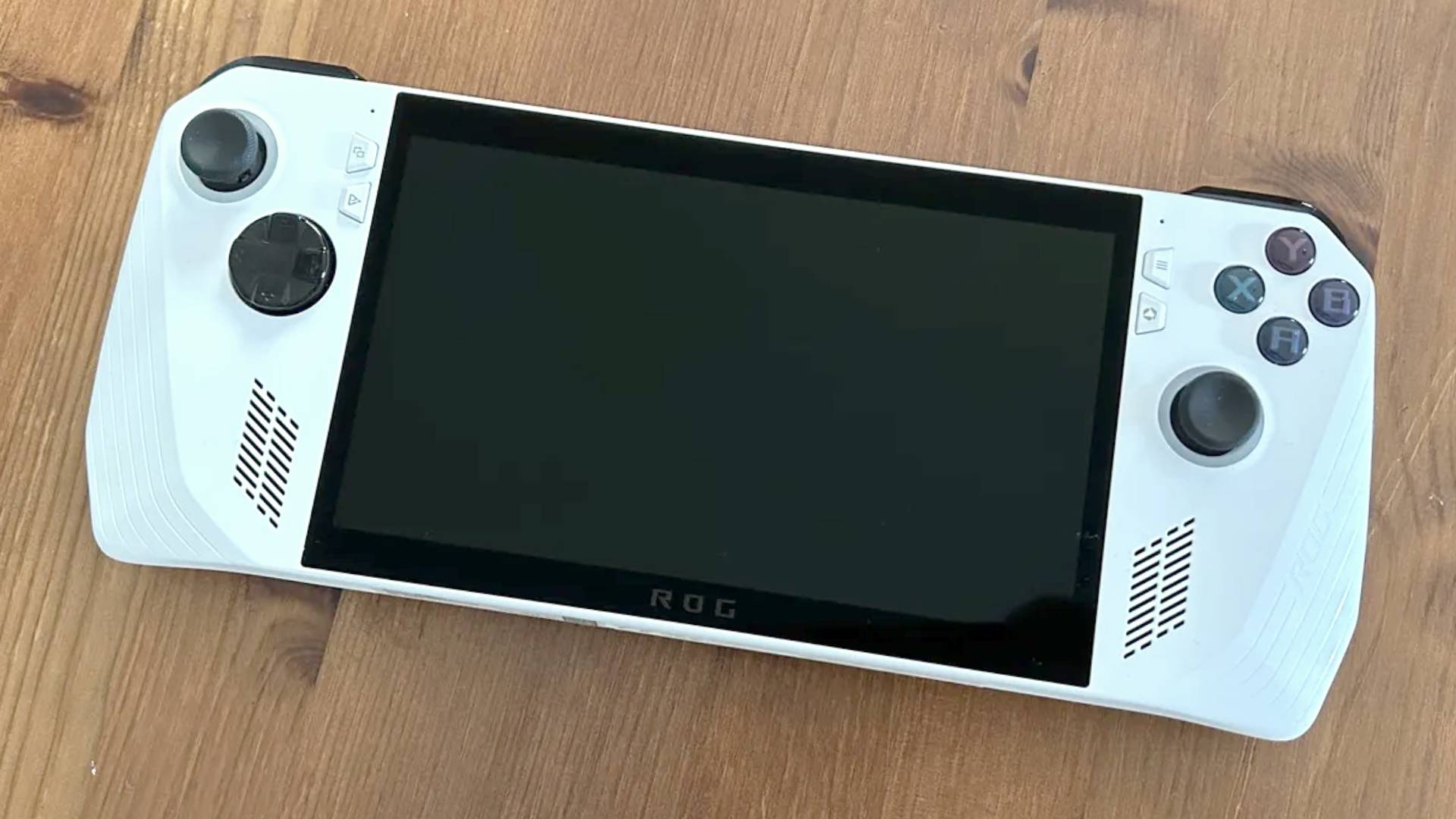
Weekly digests, tales from the communities you love, and more
You are now subscribed
Your newsletter sign-up was successful
Want to add more newsletters?

Every Friday
GamesRadar+
Your weekly update on everything you could ever want to know about the games you already love, games we know you're going to love in the near future, and tales from the communities that surround them.

Every Thursday
GTA 6 O'clock
Our special GTA 6 newsletter, with breaking news, insider info, and rumor analysis from the award-winning GTA 6 O'clock experts.

Every Friday
Knowledge
From the creators of Edge: A weekly videogame industry newsletter with analysis from expert writers, guidance from professionals, and insight into what's on the horizon.

Every Thursday
The Setup
Hardware nerds unite, sign up to our free tech newsletter for a weekly digest of the hottest new tech, the latest gadgets on the test bench, and much more.

Every Wednesday
Switch 2 Spotlight
Sign up to our new Switch 2 newsletter, where we bring you the latest talking points on Nintendo's new console each week, bring you up to date on the news, and recommend what games to play.

Every Saturday
The Watchlist
Subscribe for a weekly digest of the movie and TV news that matters, direct to your inbox. From first-look trailers, interviews, reviews and explainers, we've got you covered.

Once a month
SFX
Get sneak previews, exclusive competitions and details of special events each month!
October 28, 2024: Best Buy's flash sale is now over, but the Lenovo Legion Go has dropped to a new record low at Amazon. The Asus ROG Ally is sadly back up to full price, but check out our latest coverage if you're looking to snag the larger handheld for less.
Original article:
The Asus ROG Ally and Legion Go are currently scrapping it out with discounts, but there's a clear winner in my eyes. I've spent a significant amount of time with both portable PCs, and while Lenovo's powerhouse features some pretty expensive specs on paper, its main rival strikes a much better balance in the hands.
Courtesy of a Best Buy 3-Day gaming flash sale, you can now grab the Asus ROG Ally for $549.99. The best gaming handheld contender has been sitting at $649.99 for a few weeks now, and while it's $50 shy of its lowest ever price, I still enjoy seeing it drop in price. Keep in mind the portable originally arrived with a $699.99 MSRP, so you're still paying far less for it than you would have back in 2023.
At the same time, the Lenovo Legion Go is also sitting pretty with its own discount. You're actually getting more off the 8.8-inch device, with an $150 discount bringing it to $599.99 (was $749.99). That's a pretty nice saving to say the least, and if you like the idea of using a portable rig with a speedy 144Hz QHD display then I wouldn't blame you for jumping on it. That said, you'll want to read on if you want a true insight into what both handhelds actually offer, as specs aren't the only factor worth considering.
Lenovo Legion Go | $699.99 $499.99 at Amazon (updated 28/10)
Save $200 - Since this original deal spotlight went live, the Legion Go has dropped by a massive $200 to its lowest price. It's now actually worth considering since the ROG Ally is back up in price, demonstrating that it's something worth waiting.
Buy it if:
✅ You want on-the-go QHD visuals
✅ You prefer a faster refresh rate
✅ You're looking for full PC compatibility
Don't buy it if:
❌ You're only going to play Steam games
❌ You aren't fussed about resolution
❌ You'd prioritize controls
Price Check: Lenovo $599.99 | Amazon $499.99
Asus ROG Ally (Z1E) | $649.99 $549.99 at Best Buy
Save $100 - The ROG Ally has dropped back to $549.99 after a few weeks of sitting at full price, and it's worth considering if you want one of the top handhelds right now. It is $50 shy of its lowest ever price, and while there's a chance Black Friday could bring it back under $500 again, there's no guarantee.
Buy it if:
✅ You use more than Steam
✅ You you're looking for top-end performance
✅ You use Xbox Game Pass
Don't buy it if:
❌ You're only interested in Steam
Price check: Walmart: $595 | Amazon: $689.69
Lenovo Legion Go vs Asus ROG Ally: Which handheld should you buy?
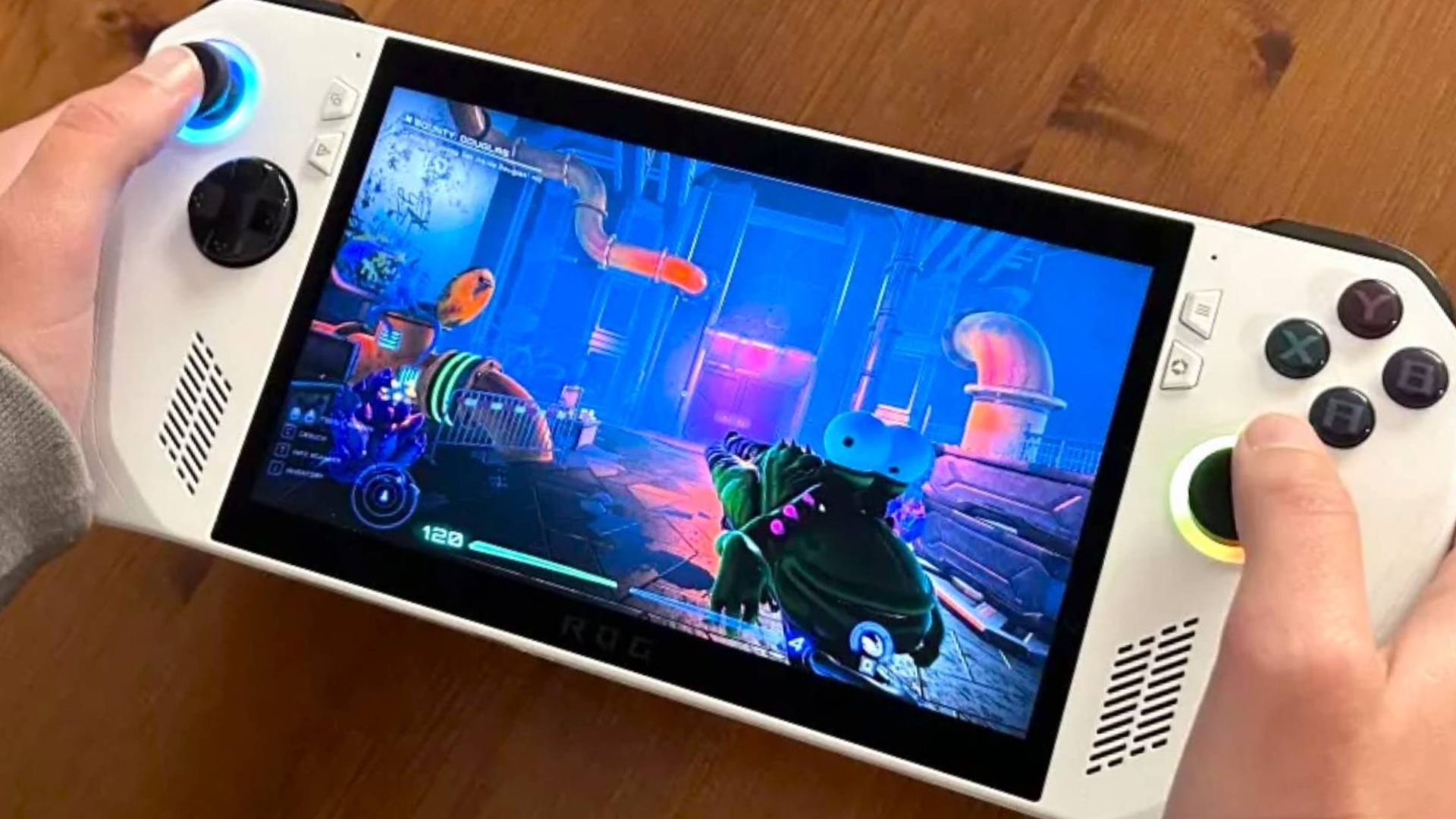
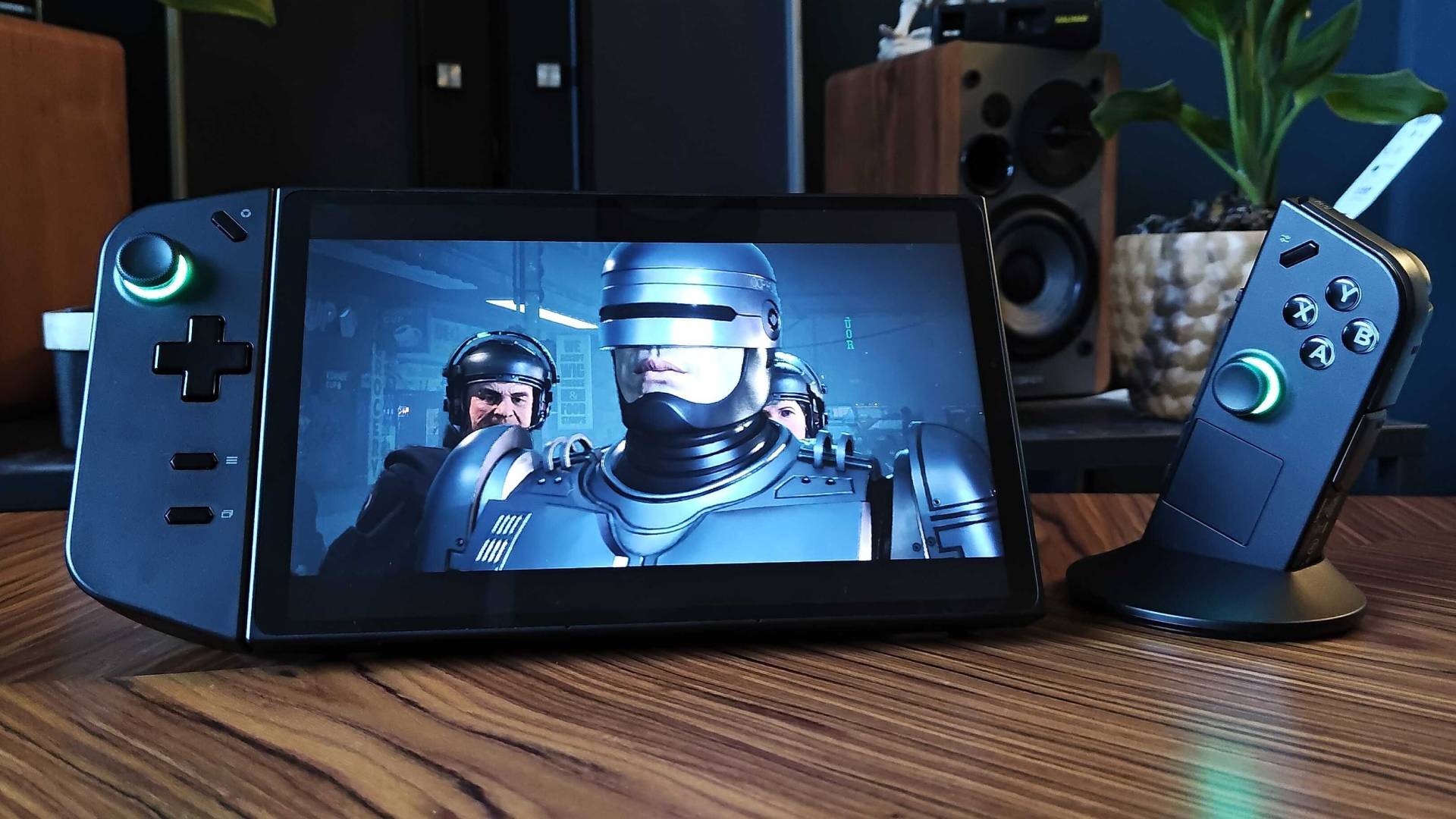
This isn't the first time I've discussed whether you should buy a Lenovo Legion Go or Asus ROG Ally, and I suspect it won't be the last. To give you a straight answer, I would pick up the latter device over its larger rival at its current price, as it provides a more refined handheld experience overall.
In part, the Legion Go's Achilles Hell is its specs. That might sound silly since higher resolutions and faster refresh rates should in practice benefit any gaming PC. The thing is, Lenovo's handheld ambitions actually make the portable feel more like an experiment than a finished product, with its clunkier formfactor and no-so-comfortable detachable TrueStrike controllers not quite hitting the mark.
I would have cut the Legion Go some slack if it could use its higher spec screen to enhance playing the latest PC games on the go. But, as the portable comes armed with the same AMD Ryzen Z1 chip as the ROG Ally, and the chip doesn't quite have what it takes to match its QHD 144Hz screen with suitable performance. Sure, you'll be able to experiment with older games somewhat, but I imagine many players will be disappointed when they realize the realistic limitations of the package.
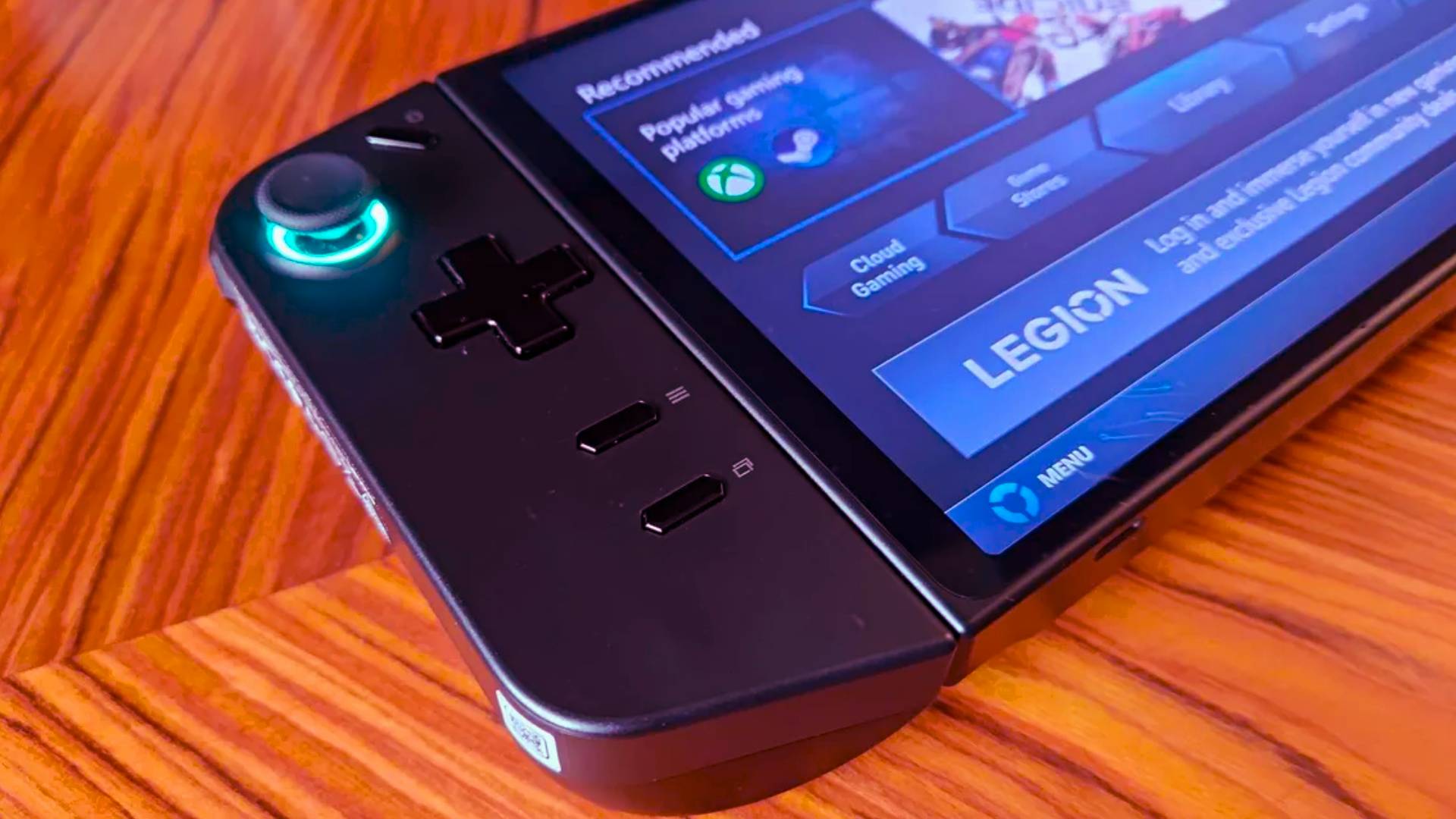
On the flip side, the Asus ROG Ally feels far more balanced. It's rocking a Full HD 120Hz screen, which feels like a far more reasonable bar to set the handheld in terms of frame rates. Its integrated controls are comparable to some of the best PC controllers out there, and it ergonomically feels more like a console rather than a slab with laptop innards squeezed in.
Of course, the ROG Ally and Legion Go aren't the only handhelds on the block, and there's a strong case to be made for waiting on Black Friday Steam Deck deals instead. Yes, picking up the Steam Deck OLED will mean lower frame rates and compatibility quirks tied to SteamOS, but you'll be getting a far more vibrant screen that can still hit 90Hz, albeit at 800p. Valve's controls are also pretty swish, particularly if you like symmetrical sticks.
Can't live without Windows 11? You might want to instead consider forking out for the Zotac Zone. The GPU maker's handheld effectively target's Valve's OLED model with its own AMOLED screen, but offers up better performance using a beefier AMD Ryzen 7 8840U APU and wider compatibility beyond just Steam (Xbox Game Pass, Epic Game Store etc.) It even has dual touchpads and some refreshing pro controller elements like two-step triggers, but it'll set you back $799. Yikes.
The ultimate takeaway here is that while the Lenovo Legion Go's current discount is decent, it'll need to drop well below the ROG Ally's lowest price for me to recommend it. I'll sing a different tune if it manages to drop under $500 during Black Friday this year, as it really needs to make up for its shortcomings with an attractive price.
Looking for more seasonal offers? Check out Black Friday TV deals and Black Friday monitor deals for screen savings. Alternatively, swing by Black Friday Nintendo Switch deals if you want something console-flavored.
Weekly digests, tales from the communities you love, and more

Phil is the Hardware Editor at GamesRadar+ who specializes in retro console setups, choosing the latest gaming handhelds, and navigating the choppy seas of using modern-day PC hardware. In the past, they have covered everything from retro gaming history to the latest gaming news, in-depth features, and tech advice for publications like TechRadar, The Daily Star, the BBC, PCGamesN, and Den of Geek. In their spare time, they pour hours into fixing old consoles, modding Game Boys, exploring ways to get the most out of the Steam Deck, and blasting old CRT TV visuals into their eye sockets.
